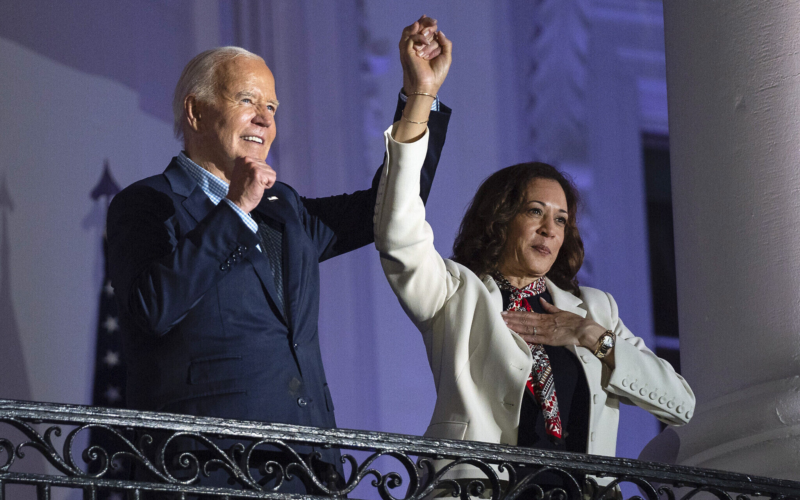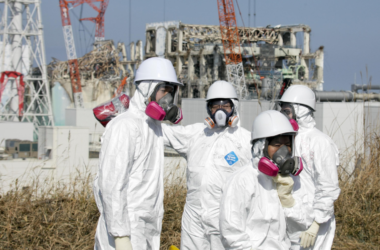President Joe Biden’s withdrawal from the 2024 presidential race has opened the door for a new Democratic contender to face Republican nominee Donald Trump in November. This unprecedented situation leaves the Democratic Party with a critical decision to make as delegates prepare to gather for the Democratic National Convention on August 19. Here’s an overview of some of the leading candidates likely to succeed Biden, their strengths, and their potential challenges.
Vice President Kamala Harris
As Biden’s running mate and vice president for nearly four years, Kamala Harris is considered the frontrunner. On Sunday, Biden formally endorsed her for the nomination. Harris has faced challenges during her tenure, including low approval ratings early on, with a 2021 poll showing only 28% support. However, her popularity has surged recently, with a poll from The Associated Press and the NORC Center for Public Affairs Research showing 74% of Democrats viewing her performance favorably.
Harris has also gained support from influential figures such as Representative Jim Clyburn. Originally from Oakland, California, she has served as the state’s attorney general and a U.S. senator. Despite early struggles, Harris’s growing support within the party positions her strongly as a candidate.
Michigan Governor Gretchen Whitmer
Gretchen Whitmer represents the key swing state of Michigan, part of the industrial Rust Belt region. She has been a vocal supporter of Biden and has had public clashes with Trump, particularly over COVID-19 policies. Whitmer’s leadership during the pandemic and her success in helping Democrats achieve a “trifecta” in Michigan’s state government have bolstered her reputation.
Her progressive stance and strong Democratic support in Michigan make her a compelling candidate. However, she must continue to navigate the challenges posed by Trump’s influence and the polarized political climate.
Illinois Governor JB Pritzker
JB Pritzker, governor of Illinois, has been a prominent surrogate for Biden and a vocal critic of Trump. Pritzker’s strategic focus on the Midwest, aiming to build a “blue wall,” underscores his regional appeal. With significant political experience and personal wealth from his family’s ownership of Hyatt Hotels and Resorts, Pritzker has the resources to mount a strong campaign.
His ability to leverage his Midwestern roots and appeal to swing state voters will be crucial in a general election against Trump. Pritzker’s past experience co-chairing Hillary Clinton’s 2008 presidential campaign and his two-term governorship of Illinois add to his credentials.
Former Contenders Backing Harris
Several prominent Democrats who were potential contenders themselves have endorsed Harris. California Governor Gavin Newsom endorsed her, emphasizing the importance of unifying against Trump. Newsom, despite facing criticism over California’s homelessness crisis and high taxes, has remained a key Democratic figure.
Pennsylvania Governor Josh Shapiro, who set a state record for votes in his gubernatorial race, also endorsed Harris. Shapiro’s endorsement highlights Pennsylvania’s crucial role as a battleground state in the upcoming election.
With Biden stepping down, the Democratic Party faces a pivotal moment in selecting his successor. Vice President Kamala Harris leads the pack, with strong endorsements and rising popularity. Governors Gretchen Whitmer and JB Pritzker present formidable alternatives with their regional appeal and political acumen. As the Democratic National Convention approaches, the party must unify behind a candidate capable of challenging Donald Trump and securing victory in November.








